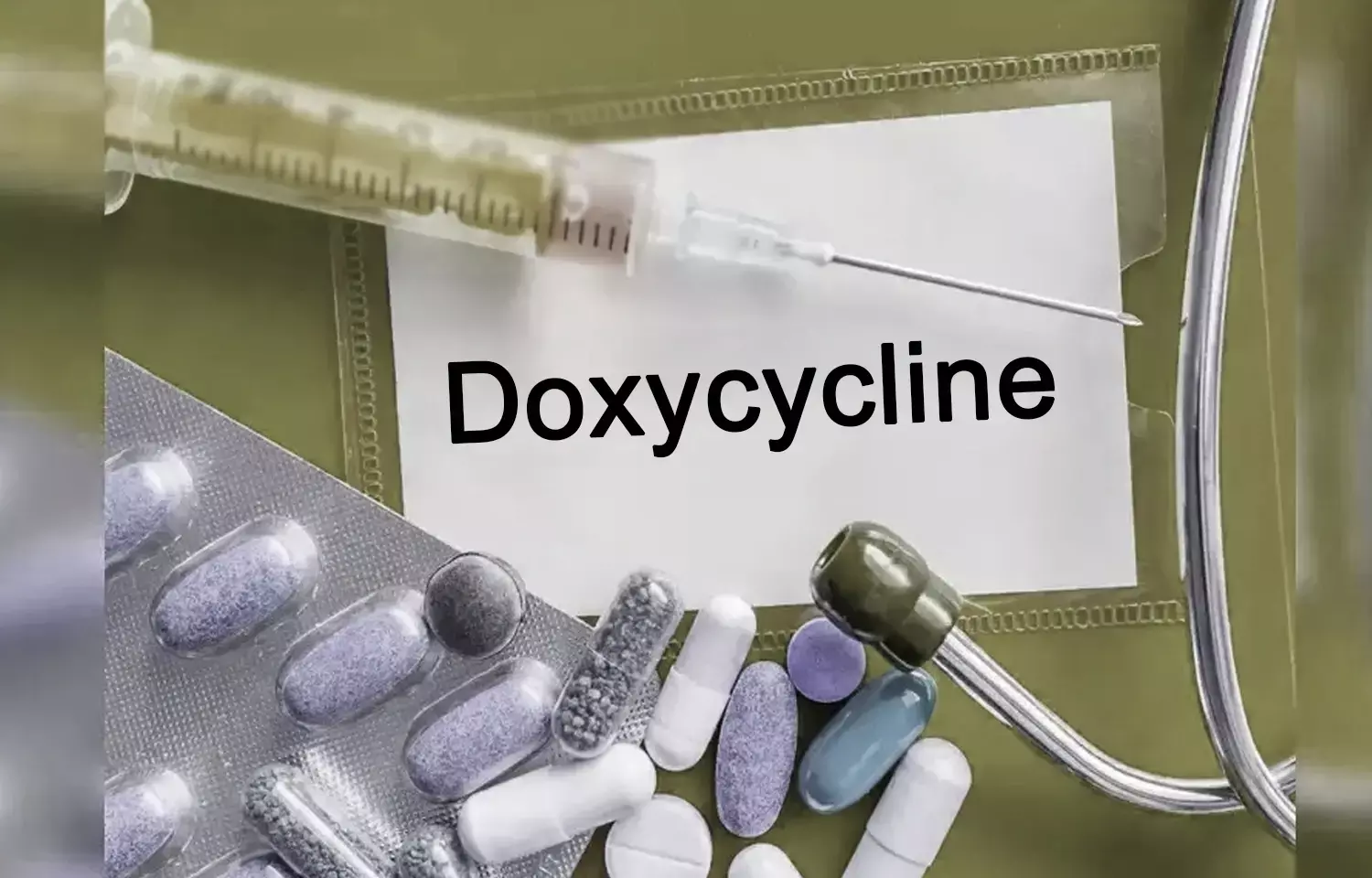- Home
- Medical news & Guidelines
- Anesthesiology
- Cardiology and CTVS
- Critical Care
- Dentistry
- Dermatology
- Diabetes and Endocrinology
- ENT
- Gastroenterology
- Medicine
- Nephrology
- Neurology
- Obstretics-Gynaecology
- Oncology
- Ophthalmology
- Orthopaedics
- Pediatrics-Neonatology
- Psychiatry
- Pulmonology
- Radiology
- Surgery
- Urology
- Laboratory Medicine
- Diet
- Nursing
- Paramedical
- Physiotherapy
- Health news
- Fact Check
- Bone Health Fact Check
- Brain Health Fact Check
- Cancer Related Fact Check
- Child Care Fact Check
- Dental and oral health fact check
- Diabetes and metabolic health fact check
- Diet and Nutrition Fact Check
- Eye and ENT Care Fact Check
- Fitness fact check
- Gut health fact check
- Heart health fact check
- Kidney health fact check
- Medical education fact check
- Men's health fact check
- Respiratory fact check
- Skin and hair care fact check
- Vaccine and Immunization fact check
- Women's health fact check
- AYUSH
- State News
- Andaman and Nicobar Islands
- Andhra Pradesh
- Arunachal Pradesh
- Assam
- Bihar
- Chandigarh
- Chattisgarh
- Dadra and Nagar Haveli
- Daman and Diu
- Delhi
- Goa
- Gujarat
- Haryana
- Himachal Pradesh
- Jammu & Kashmir
- Jharkhand
- Karnataka
- Kerala
- Ladakh
- Lakshadweep
- Madhya Pradesh
- Maharashtra
- Manipur
- Meghalaya
- Mizoram
- Nagaland
- Odisha
- Puducherry
- Punjab
- Rajasthan
- Sikkim
- Tamil Nadu
- Telangana
- Tripura
- Uttar Pradesh
- Uttrakhand
- West Bengal
- Medical Education
- Industry
7 days of Doxycycline therapy for early Lyme disease as effective as therapy for 14 days

SLOVENIA: According to a study published in The Lancet Infectious Diseases, erythema migrans, the most common symptom of early Lyme borreliosis, can be effectively treated with a shorter oral doxycycline course while also lowering the need for hazardous antibiotics.
The most common vector-borne illness in North America and Europe is Lyme borreliosis. The major treatment guideline for erythema migrans is doxycycline for 10 days.
The authors sought to determine whether oral doxycycline for 7 days is non-inferior to 14 days in treating people with solitary erythema migrans in order to decrease possibly harmful antibiotic misuse by identifying shorter effective therapies.
At the University Medical Center in Ljubljana, Slovenia, the researchers enrolled individuals with a single erythema for this randomised open-label non-inferiority trial. Patients were excluded if they exhibited other Lyme borreliosis symptoms, were pregnant or nursing, immunosuppressed, allergic to doxycycline, or had recently taken medications with anti-borrelial action. Adults received oral doxycycline 100 mg twice daily for 7 or 14 days, according to a 1:1 random distribution. In a per-protocol analysis, the difference in the proportion of patients who experienced treatment failure, as indicated by persistent erythema, new objective Lyme borreliosis symptoms, or borrelial isolation on skin re-biopsy at 2 months, served as the primary efficacy endpoint. Six percentage points made up the non-inferiority margin. All patients who were randomized to the study and were subject to evaluation at the 14-day visit had their safety assessed.
Key highlights:
- 295 patients finished their prescribed course of antibiotics, and 294 (98%) of them were still evaluable two months after enrollment.
- Treatment failure manifested as persistent erythema in five (3%) of 147 patients from the 7-day group and three (2%) of 147 patients from the 14-day group (one patient did not attend the 2-month visit and could not be reached by phone). (Difference 1.4 percentage points; upper limit of one-sided 95% CI 5.2 percentage points; p=0.64)
- Neither patients nor repeat skin biopsies resulted in positive Lyme borreliosis objective symptoms during follow-up.
- Adverse events led to the discontinuation of therapy in two (1%) of the 150 patients in the 7-day group and one (1%) of the 150 patients in the 14-day group.
"Our findings justify the use of oral doxycycline for 7 days in adult European patients with isolated erythema migrans, allowing for less antibiotic exposure than is currently recommended," concluded the authors.
REFERENCE
Daša Stupica,et al,. Treatment of erythema migrans with doxycycline for 7 days versus 14 days in Slovenia: a randomised open-label non-inferiority trial. Published:October 06, 2022,DOI: https://doi.org/10.1016/S1473-3099(22)00528-X
Dr Kamal Kant Kohli-MBBS, DTCD- a chest specialist with more than 30 years of practice and a flair for writing clinical articles, Dr Kamal Kant Kohli joined Medical Dialogues as a Chief Editor of Medical News. Besides writing articles, as an editor, he proofreads and verifies all the medical content published on Medical Dialogues including those coming from journals, studies,medical conferences,guidelines etc. Email: drkohli@medicaldialogues.in. Contact no. 011-43720751


